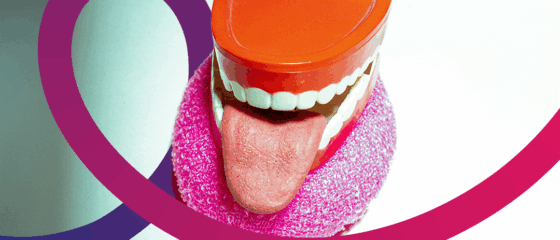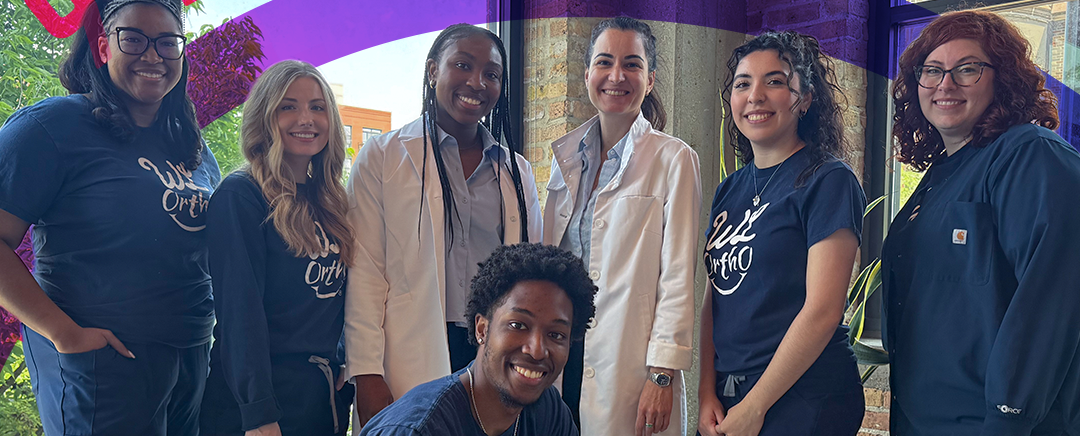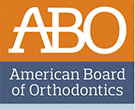Tongue Habits in Ortho: What You Need to Know!
- June 9, 2025
- Blog
When most people think about orthodontics, they focus on braces, aligners, and straight teeth. But did you know that your tongue habits play a major role in your oral health and orthodontic success?
At West Loop Orthodontics, we believe in educating our patients about all aspects of their treatment! Including the often-overlooked influence of the tongue.
What Are Tongue Habits?
Tongue habits refer to the repetitive movements or resting positions of the tongue that can negatively impact your teeth, bite, and jaw alignment. Common examples include:
- Tongue thrusting: Pushing the tongue against or between the teeth when swallowing or speaking.
- Low tongue posture: Letting the tongue rest at the bottom of the mouth rather than on the palate.
- Mouth breathing: Often tied to low tongue posture, this can affect facial development and oral health.
- Thumb sucking or pacifier use: Though not directly a tongue habit, these behaviors often go hand-in-hand and influence tongue position.
How Tongue Habits Affect Orthodontic Treatment
We see firsthand how improper tongue habits can lead to orthodontic issues such as:
- Open bite: A condition where the upper and lower teeth don’t touch when the mouth is closed—often caused by tongue thrusting.
- Overjet (buck teeth): Forward-protruding front teeth, worsened by tongue pressure from the inside.
- Relapse after braces: Even after braces or Invisalign, poor tongue posture can push teeth out of alignment again.
- Speech issues: Improper tongue movement may affect speech patterns, especially with “S” or “TH” sounds.
Identifying and Treating Tongue Habits
Early diagnosis is key. During your consultation, our team evaluates not just your teeth but your overall oral posture. If a tongue habit is detected, we may recommend:
- Myofunctional therapy: A series of exercises that retrain the tongue and orofacial muscles to function properly.
- Orthodontic appliances: In some cases, a tongue crib or other device may be used to discourage harmful tongue movements.
- Breathing therapy or ENT referrals: If mouth breathing is involved, we may collaborate with other healthcare providers to improve nasal airflow.
Why It Matters
Correcting tongue habits can dramatically improve the effectiveness and stability of your orthodontic treatment. At West Loop Orthodontics, our goal is not just to give you a beautiful smile but to ensure it lasts a lifetime.
By addressing tongue habits early, especially in children and teens, we can prevent more serious issues down the road. And for adults, incorporating myofunctional awareness into your orthodontic journey leads to better outcomes and fewer surprises.
If you or your child are considering braces or Invisalign, don’t overlook the importance of tongue posture and habits. Let us help you achieve a healthier, more stable smile—starting from the inside out!









